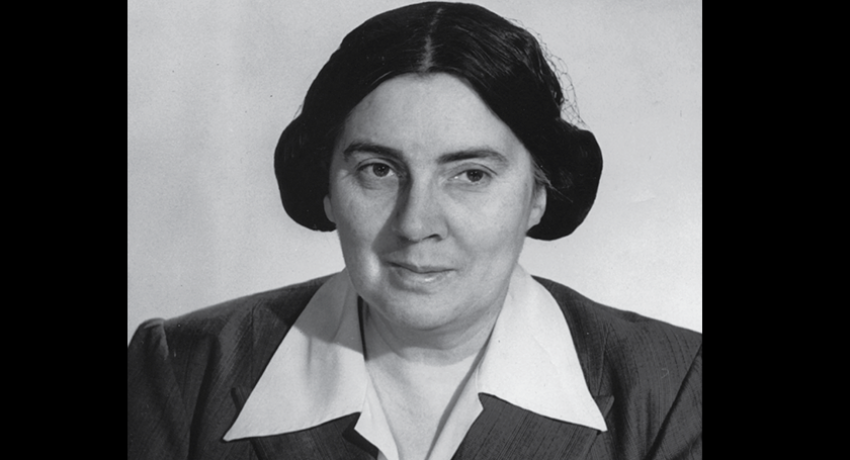She performed groundbreaking research in textiles, nutrition, and fire proofing.
Pauline Beery Mack was a brilliant interdisciplinary scientist and educator at Penn State between 1919 and 1950. She was the first woman to gain a doctoral degree at Penn State, awarded in Agricultural Biochemistry (1932). She made numerous scientific contributions; these included textile research, where she and her team developed standardization of dyes and dry-cleaning. Her understanding of fabrics and dyes led to interactions with companies to quickly transition her research to products in the 1930s. In parallel to her work on textiles, Mack performed groundbreaking work in nutrition, linking age, economic status, and ethnicity across communities in Pennsylvania, and linking diet with red and white blood cell content. She pioneered the use of x-ray imaging to determine bone density, which she also
related to diet and calcium and vitamin D
intake leading to national nutritional
standards.
Mack's research was extremely important
in World War II. Following a major fire on a
troop ship, where a spark from a welding
tool ignited the highly inflammable life
jackets, the Navy turned to Mack to develop
textiles and coatings for fire proofing.
After leaving Penn State, Mack applied her
x-ray bone density studies to the early
astronauts, determining demineralization on
bone tissue with space travel.
Mack won the Garvon Medal in inorganic
chemistry, was the first female lecturer in
the Priestley Lecture Series (1951 ), and was
the first woman to win the Silver Snoopy
Award from NASA.

